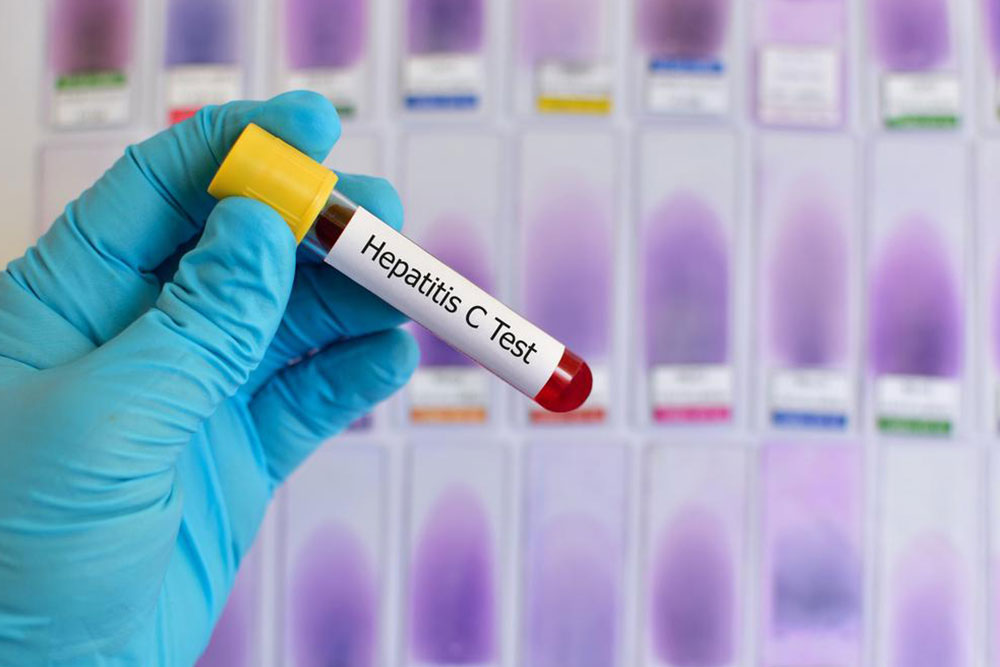Comprehensive Guide to Hepatitis C: Causes, Symptoms, and Prevention
This comprehensive guide covers hepatitis C, including its causes, symptoms, transmission, diagnosis, and prevention strategies. It emphasizes the importance of early detection and medical intervention to reduce serious health risks. The article highlights how hepatitis C spreads through blood, offers insights into treatment options, and underscores preventive practices such as safe medical procedures and screening high-risk groups. Understanding hepatitis C is crucial for proactive health management and reducing its global impact, especially given its potential to cause liver cirrhosis and cancer. Blood safety and harm reduction are vital for prevention.

Comprehensive Guide to Hepatitis C: Causes, Symptoms, and Prevention
The liver plays a crucial role in detoxifying the body and metabolizing nutrients. Notably, it has a remarkable ability to regenerate itself, so early liver damage often goes unnoticed by individuals. However, infections like Hepatitis C, caused by the HCV virus, pose significant health risks, including liver cirrhosis and cancer. Hepatitis C can be either acute or chronic. While many recover from the initial infection, a substantial number develop long-term illness, leading to serious complications. Statistics indicate that hepatitis C causes approximately 8,000 to 10,000 deaths annually in the United States alone and is a leading reason for liver transplants.
How Hepatitis C Spreads
Hepatitis C mainly transmits through infected blood. Common routes include sharing needles during drug use, exposure to contaminated medical equipment, and less frequently, from mother to child during birth.Symptoms of Hepatitis C
The incubation period varies from 2 weeks to 6 months. About 80% of infected individuals remain asymptomatic initially. When symptoms appear, they may include fatigue, muscle soreness, nausea, vomiting, fever, abdominal pain, decreased appetite, joint aches, dark urine, pale stools, and jaundice. Many people remain unaware of their infection until it advances to chronic stages, causing extensive liver damage.Possible Complications
If undetected, hepatitis C can lead to complications such as artery blockages, heart disease, diabetes, and blood-related conditions like lowered platelet counts. It can also cause skin disorders, lymphoma, and other severe health issues.Diagnosis and Testing
Diagnosing hepatitis C involves two primary blood tests: an initial antibody test to detect HCV exposure, followed by a nucleic acid test (NAT) to confirm active infection. Liver biopsies and imaging procedures like ultrasound or MRI help determine the extent of liver damage and rule out cancer. Identifying the virus strain's genotype is vital for tailoring effective treatment.Treatment Options
Many cases of acute hepatitis C go unnoticed and untreated, as the immune system can sometimes clear the virus. When diagnosed early, antiviral medications prove highly effective, curing over 95% of cases. Chronic infections require personalized treatment based on liver health, with newer antiviral drugs turning into standard care.Preventive Measures
No vaccine currently exists for hepatitis C. Prevention focuses on limiting exposure through safe medical practices, such as sterilizing equipment, screening donated blood, and proper disposal of medical waste. Harm reduction strategies for drug users, including clean needles and safe injection protocols, are critical. Routine screening for high-risk populations—such as injecting drug users, blood transfusion recipients, individuals with tattoos or piercings, HIV-positive persons, and intranasal drug users—is essential to catch infections early and prevent severe liver damage.









